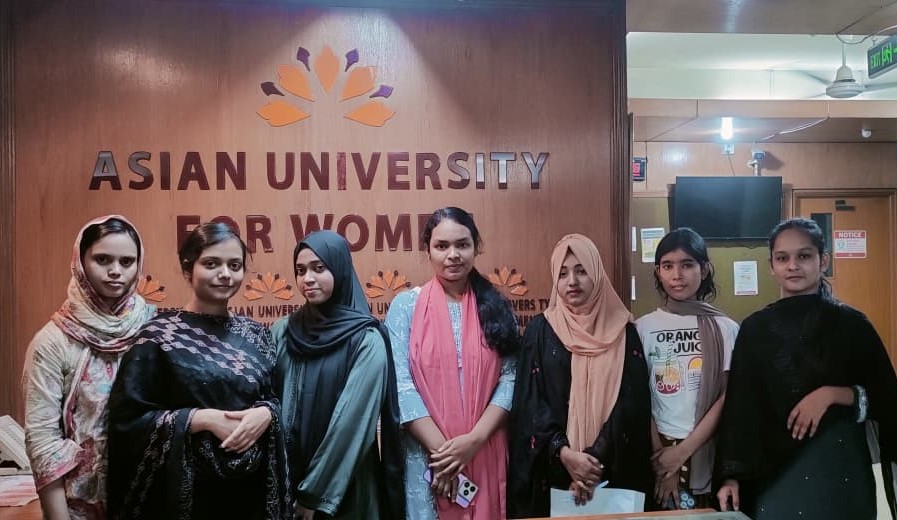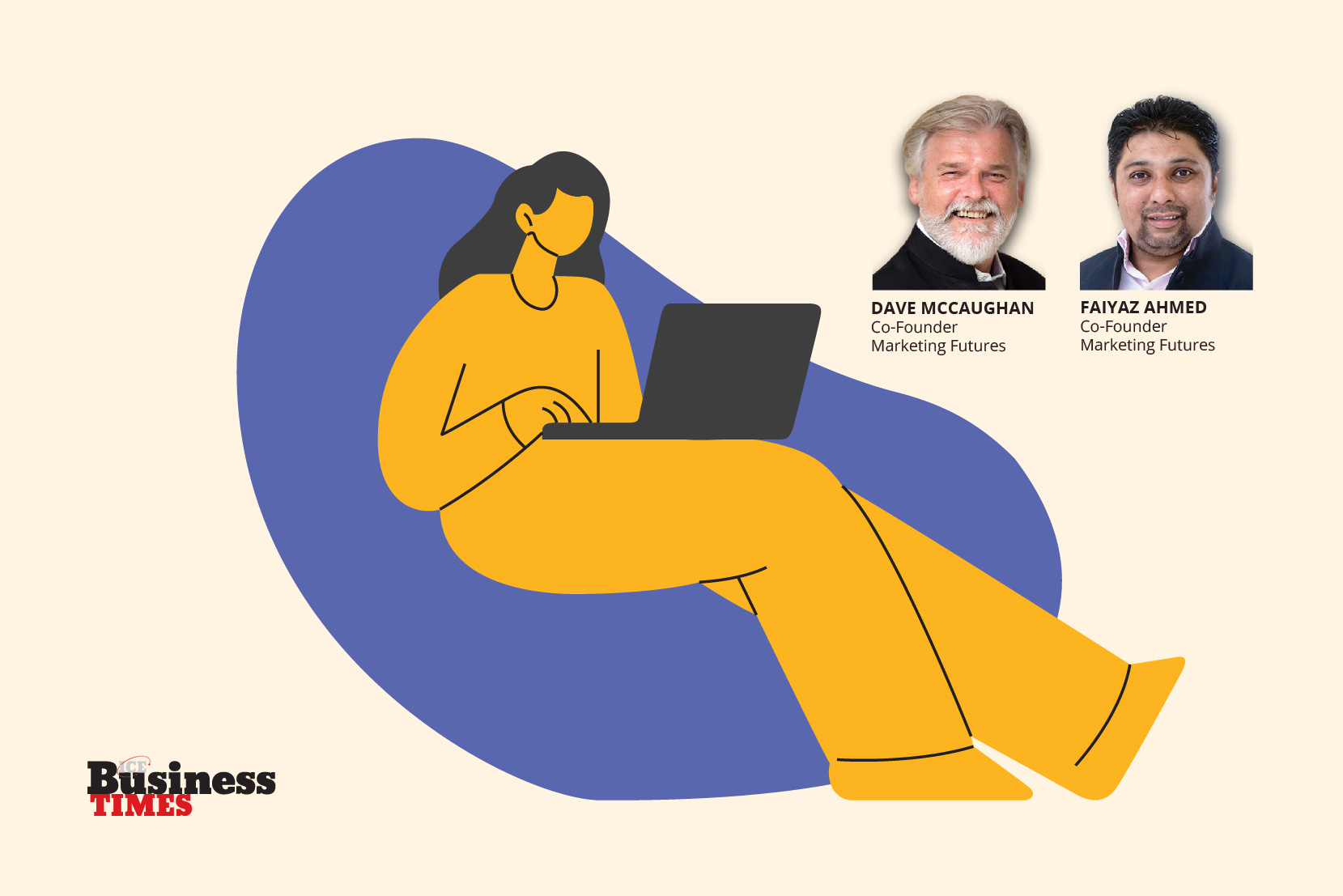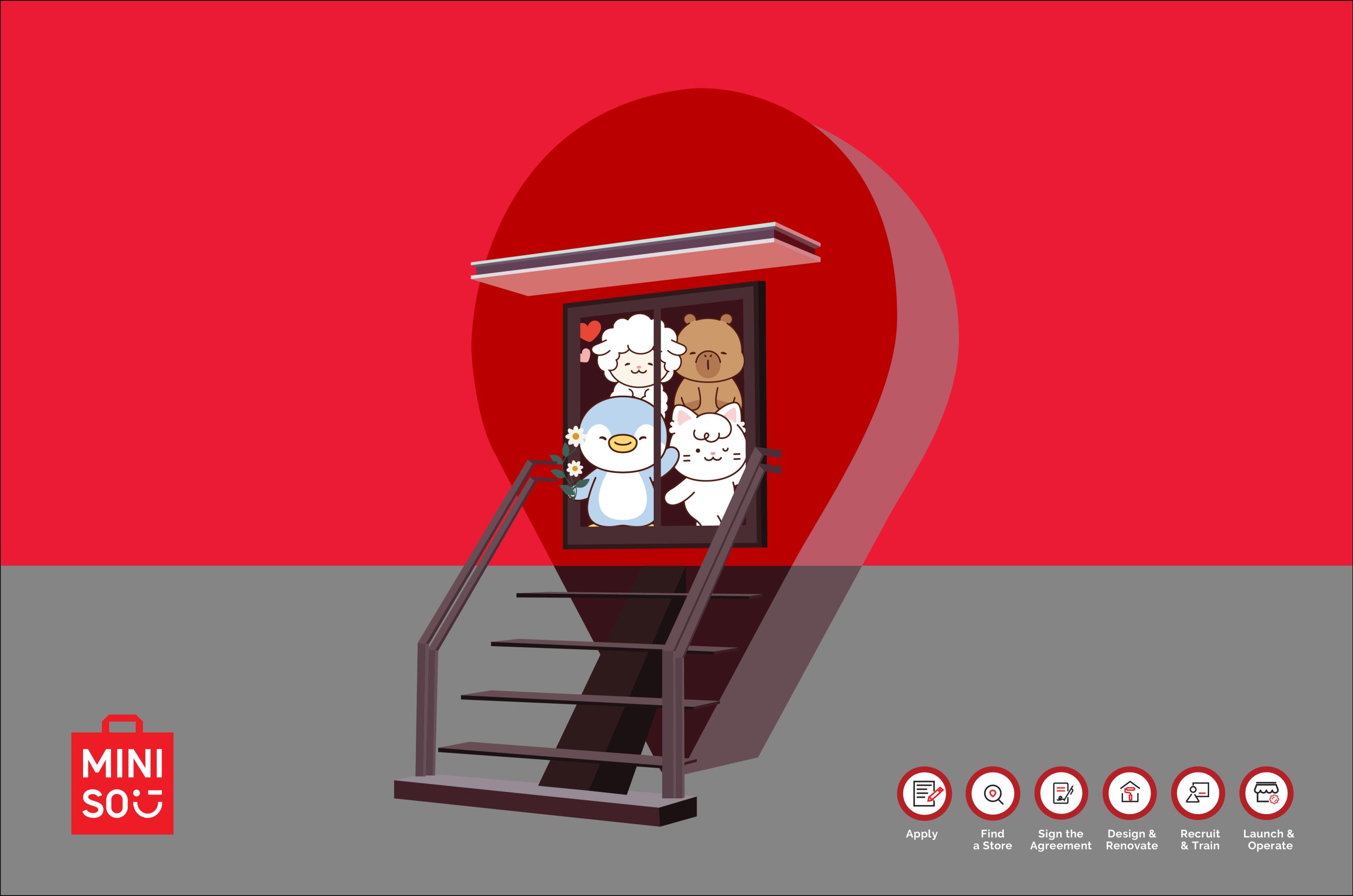The economic environment in which we live is fast changing. We see changes in various dimensions, in city life and otherwise.This is a global village economically, where goods are moving from one place to another and where the poor are also customers. It is also fiercely competitive and getting more competitive every day. In such circumstances, efficiency in production and services is must for market survival.
When we think of consumers, we should not be swayed by feudal and elitist ideas that only see the rich as the only customers. Transformation of our economies and the march of technology have ensured that consumers and customers now straddle all social classes. Just as Bill Gates, the richest person alive is a customer in the market-place so is Sakina Begum of poverty-prone Bangladesh albeit for a different range of products and services. Profits thus lie not only at the top of the pyramid but also at the bottom of the pyramid. Collaborative consumption is something which offers opportunity to raise the level of efficiency and to provide all members of the society with goods and services within the reach of their purchasing power.
In Bangladesh in particular, the consumers at the bottom are probably the most dynamic and promising consumers. Readymade garment workers, micro-credit recipients and remittance earners are three most important groups that the country itself can boast of and small companies and entrepreneurs can bank on for planning their businesses targeted to such customers. Small items such as one-day (mini pack) shampoo were once unthinkable but today this is the need of the huge number of people that manufacturers and suppliers can meet.
I see there is a huge economic opportunity if we can think smartly. Also, this is an emerging trend that we cannot deny. In a densely populated country like Bangladesh and crowded city like Dhaka, we have no other alternative than thinking collectively to use resources efficiently. We save resources from wastage in apartments, office space, markets, factories, educational institutions and everywhere and that would offer us a variety of opportunities such as jobs, productivity, cost-effectiveness and maximum welfare.
For example, one can avoid using costly hotel while a middle class family can earn some money by renting out room. This has happened in the West already. Taxi business is also an interesting solution of collaborative consumption whereby car owners double as taxis during spare time. ICT provides the solutions here to match demand and supply. This is a new frontier where we can dream of a bright future. Housewives can emerge as entrepreneurs, offering innovative solution to costly business problems. The potential is just untapped.
In a city where land is scarce, a number of schools can share facility, like playground and gymnasium. Recycling is another potential sector that can create opportunities for collective consumption and earn money by creating new business.
We have an interesting success story in Nilkhet, where old books are being sold. This can be further streamlined for providing facilities to readers. One can buy an expensive book, read it and then sell at a lower price to a trader who can sell it to a new reader.
Small business entities and entrepreneurs can share common office space or hire board room for meeting, without maintaining a huge space that incurs much higher costs. We can use online platform as well. Address Bangladesh, a new online platform, offers an example of that kind in the area of processing immigration enquiries.
It’s interesting to note that collaborative consumption has changed the whole notion of income. One can meet the demand of a consumer and earn money without being a salaried person or a typical businessman. In a way, this is a process of democratization of consumption and development meant for all people.
Collaborative consumption is an opportunity for smart thinkers and entrepreneurs. Consumers are of many types and they have different kinds of needs. In our urban life and in this increasingly urbanized country, collaborative efforts are also necessary to solve a variety of problems we encounter with. Four particular groups can be organized and encouraged to benefit from collaborative consumption and potential opportunities out of it. They are educated youths, housewives, retired people and returned migrants. From collaborative consumption they will be benefiting and the whole society will be benefiting in the coming days.
**Dr Hossain Zillur Rahman is a former Adviser to the Caretaker Government and Executive Chairman of Power and Participation Research Centre (PPRC).














